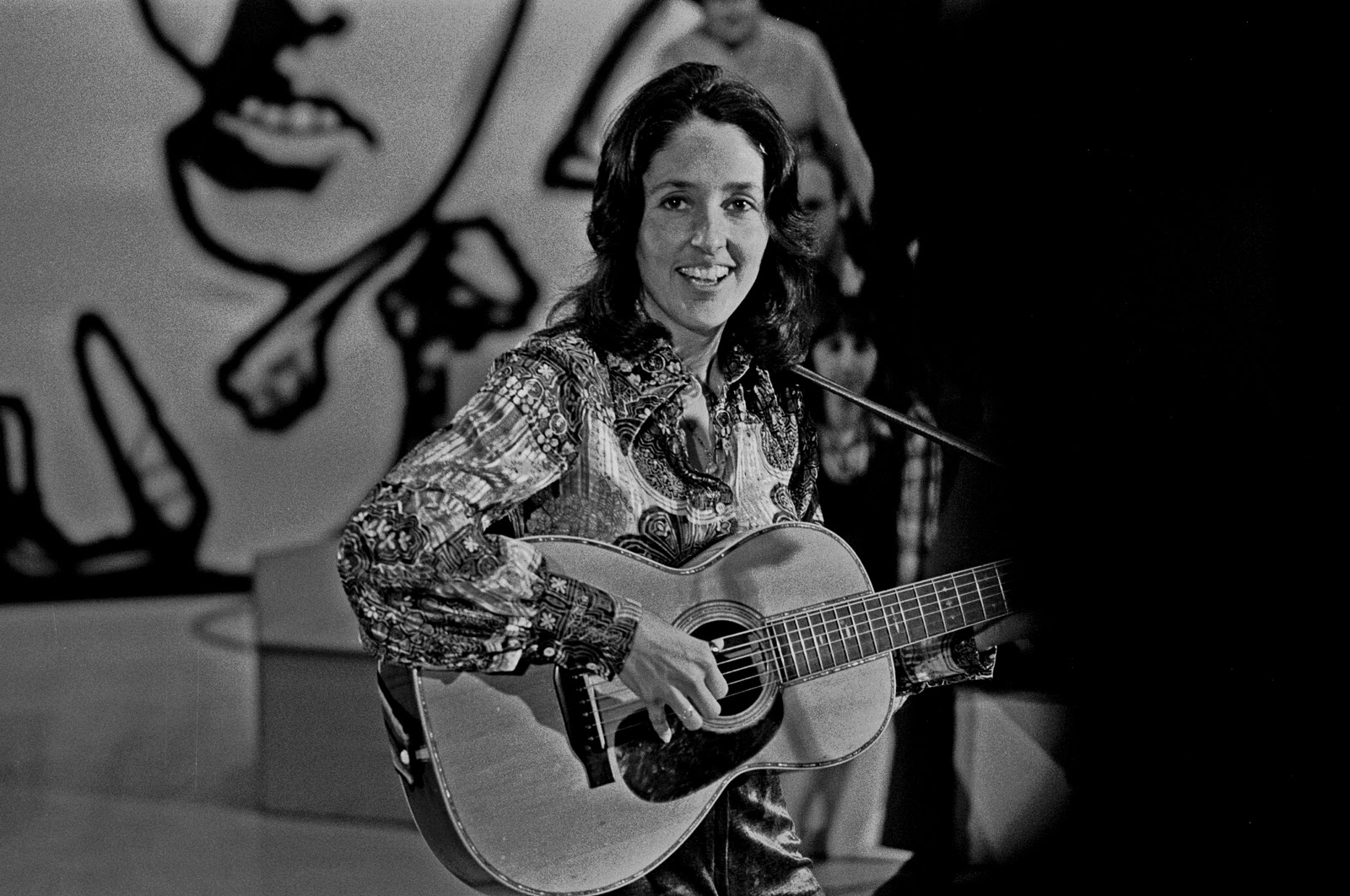
For me many of the best songs ever written are by Joan Baez and Bob Dylan, many of the best covers of other artists tunes are by Joan and many of the best moments of my life have been listening to...Joan Baez. Is she the most beautiful woman with the most beautiful voice ever?. Guilty, your honor. Her music has a passion and a sweetness that reaches deep,deep inside and transforms you. And please don't read about the passionate life Joan lives or you will fall hopelessly in love . I m writing this article-cum-short biography of Joan Baez because I m hopelessly in love with is amazing women of 60s.
American folk singer Joan Baez is recognized for her nonviolent, antiestablishment (against a nation's political and economic structure), and anti-war positions. She has used her singing and speaking talents to criticize violations of human rights in a number of countries.
Early life
Early life
Joan Baez was born on January 9, 1941, in Staten Island, New York. Her father, Albert V. Baez, was a physicist who came to the United States from Mexico at a very early age, and her mother was of western European descent. Joan inherited her father's dark complexion, and the occasional racial prejudice (hatred of a race) she suffered as a child probably led to her later involvement in the civil rights movement, a movement that called for equal rights for all races. Although as an adult she claimed not to share her parents' strict religious faith, it undoubtedly contributed to what some called her keen "social conscience."
Baez was exposed to an intellectual atmosphere with classical music during her childhood, but rejected piano lessons in favor of the guitar and rock and roll. Her father's research and teaching positions took the family to various American and foreign cities. When Joan was ten, she spent a year in Iraq with her family. There she was exposed to the harsh and intensely poor conditions of the Iraqi people, something that undoubtedly had an affect on her later career as a singer and activist. Baez went on to attend high school in Palo Alto, California, where she excelled in music more than in academic subjects. Shortly after her high school graduation in 1958, her family moved to Boston, Massachusetts, where Baez's interest in folk music surfaced after visiting a coffee shop where amateur folk singers performed.
From Boston coffeehouses to Newport,
Rhode Island
Baez briefly attended Boston University, where she made friends with several semi-professional folk singers from whom she learned much about the art. In addition to simple folk songs, she began to sing Anglo American ballads, blues, spirituals, and songs from various countries. As she worked to develop her technique and range of songs, Baez began to perform professionally in Boston coffeehouses and quickly became a favorite of Harvard University students. She was also noticed by other folk singers, including Harry Belafonte (1927–), who offered her a job with his singing group.
In the summer of 1959 Baez was invited to sing at the Newport Folk Festival in Rhode Island. This performance made her a star—especially to young people—and led to friendships with other important folk singers such as the Seeger family and Odetta. Although the performance brought her offers to make recordings and concert tours, she decided to resume her Boston coffee shop appearances.
After Baez's second Newport appearance in 1960, she made her first album for Vanguard Records. Simply labeled Joan Baez, it was an immediate success. She was then such a "hot item" that she could choose her own songs and prop designs for her performances. In the following years Baez sang to capacity crowds on American college campuses and concert halls and on several foreign tours. Her eight gold albums and one gold single demonstrated her popularity as a singer.
Politics a source of controversy
While many critics agreed that Baez's untrained singing voice was unusually haunting, beautiful, and very soothing, they saw her spoken words, lifestyle, and actions as conflicting and sometimes anti-American. In the changing world of the1960s, Baez became a center of controversy (open to dispute) when she used her singing and speaking talents to urge nonpayment of taxes used for war purposes and to urge men to resist the draft during the Vietnam War (1965–73; when the United States aided South Vietnam's fight against North Vietnam). She helped block induction centers (which brought in new recruits) and was twice arrested for such violations of the law.
Baez was married to writer and activist David Harris in March 1968. She was pregnant with their son, Gabriel, in April 1969, and three months later she saw her husband arrested for refusing induction into the military forces. He spent the next twenty months in a federal prison in Texas.


No comments:
Post a Comment